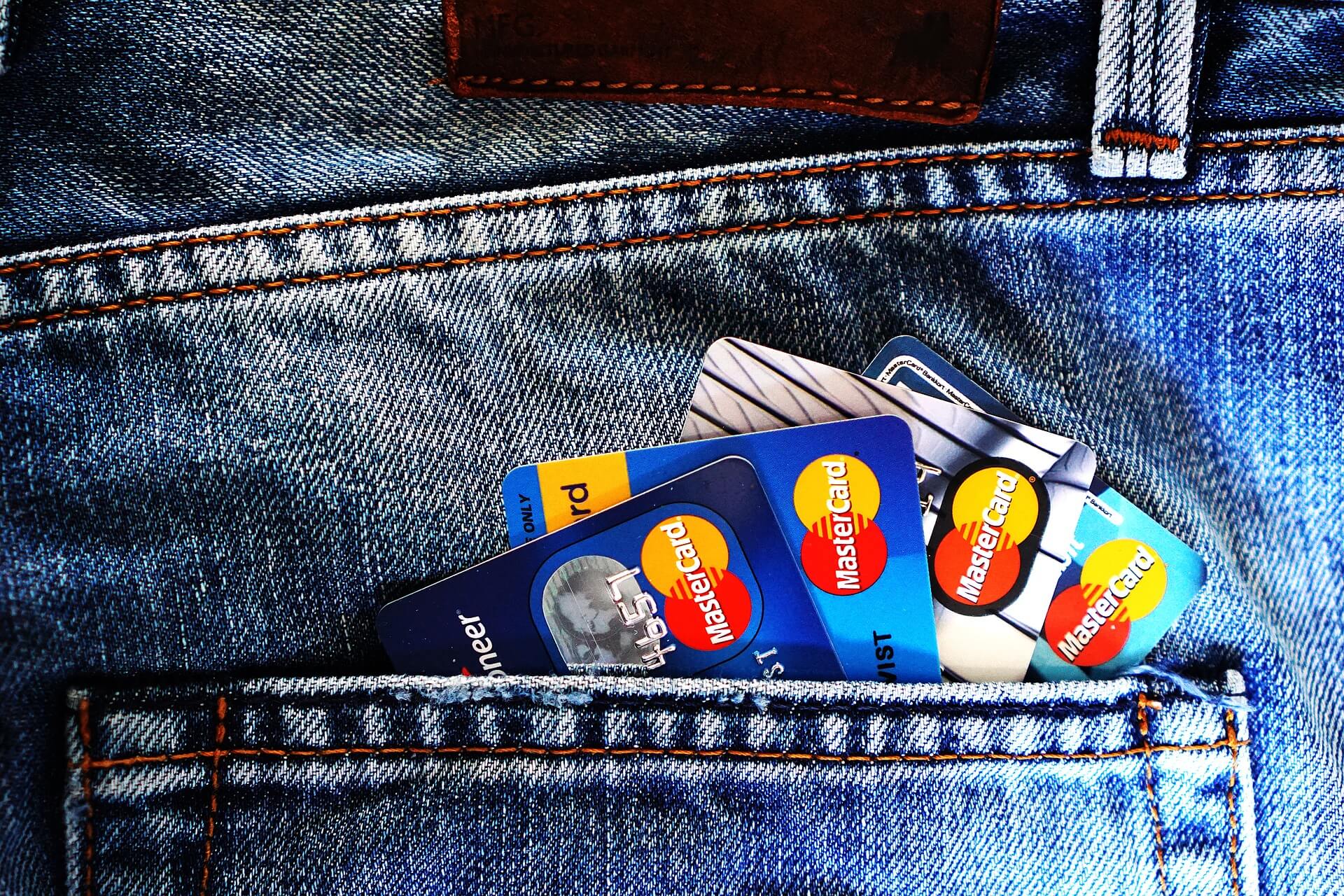Did you know that improving your credit score to a point where a lender will give you a chance is very doable? Just remember this rule of thumb: a score above 680 helps you get financing, and a score below that, of course, hinders you from getting financing.
What is a credit score?
Your credit score provides lenders with basic information about your credit:
- How long you’ve had credit
- Your ability to pay back that credit
- How much you owe
Naturally, then, your credit score is affected by how much debt you’re carrying regarding limit, how many cards or tradelines you have, and your history of repayment.
The 2-2-2 rule
If you’re a young person and new to the world of credit, consider the 2-2-2 rule to help build up your credit. Lenders want to see:
- 2 forms of revolving credit, like credit cards
- Limits of no less than $2,000
- Clean payment history for 2 years
A great credit score also includes keeping the balance on each those cards below 30% of the limit.
How to improve your credit score
To ensure your score stays in playoff form, pay off any collections—such as parking tickets—and correct any old or incorrect reporting on your credit score by contacting Equifax to have it removed.
Some people also forget that their credit cards have an annual fee and fail to pay them off, too. This can’t be stressed enough: if you want to keep or attain a good credit score, you must pay your credit cards or tradelines on time, regardless of whether you owe $100 or $1,000,000.
The debt connection
It’s easy for credit to turn into debt, if we’re not careful. And while some debt is what financial advisers call “good debt”, there’s lots of examples of “bad debt”
| Good debt | Bad debt |
|
|
Bankruptcy
There’s a tendency when things get out of control to consider declaring bankruptcy or a consumer proposal. A consumer proposal is a formal, legally binding process to pay creditors a percentage of what is owed to them. Try avoiding these two options if you can. Instead, consider talking to a credit counsellor, who can perform the same function while also negotiating your debts; this won’t impact your credit, nor will it carry the stigma of bankruptcy or consumer proposal.
Using your home’s equity
Finally, if you already own a home and have some equity, but you’re still drowning in debt, consider refinancing your mortgage. Sure, you might not get the great rate you have now or you might get dinged for breaking your mortgage early, but using the equity in your home to lower high-interest credit payments could keep more money in your pocket at the end of the day or help you pay the debt down faster.
If you’re interested in discussing credit strategies—whether it’s to build credit or reduce debt—contact us today.

